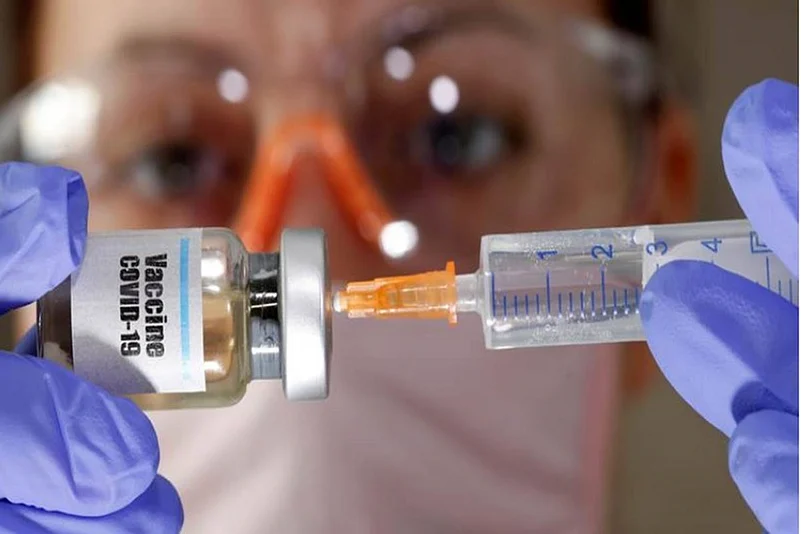Mixing doses of two Covid-19 vaccines have resulted in an increase in side effects in patients – They have complained of headaches in early findings from a study that has yet to show how well such a cocktail defends against coronavirus.
Recently, researchers from the University of Oxford reported in ‘The Lancet medical journal’ said that people who got the first dose of AstraZeneca Plc’s shot followed by Pfizer Inc.’s vaccine four weeks later reported more short-lived side effects, most of them mild. That was also true when the order of the shots was switched.
What is the study about?
Researchers and public health officials are examining strategies such as blending two different shots as many low-and-middle-income nations try to figure out how to cope with vaccine scarcity. This was done after the government was assured that mismatched shots are safe and effective.
In France, for instance, people who got the first dose of the Astra vaccine before the government restricted it to older patients are being offered the vaccine developed by Pfizer and BioNTech SE for their second injection.
“It’s a really intriguing finding and not something that we were necessarily expecting,” said Matthew Snape, an Oxford pediatrics and vaccinology professor who’s leading the trial. “Whether or not this will relate to an improved immune response, we don’t know yet; we’ll be finding out those results in a few weeks’ time.”
What are the side effects?
The study didn’t point to any safety issues and the stronger side effects vanished after a few days, Oxford vaccinology professor said on a conference call. The results suggest, however, that mixed dose schedules could result in an increase in work absences the day after immunization, according to him.
“You wouldn’t want to immunize a ward full of nurses with a mixed schedule on the same day,” said Snape.
About 10% of participants who got mixed doses reported severe fatigue, for instance, compared with about 3% for those inoculated with a single type of vaccine, the research shows.
All participants in the study are aged 50 and over. It’s possible that the reactions could be even stronger in younger patients, according to Snape.
The researchers are also testing a wider dosing interval of 12 weeks between shots and plan to expand the research to encompass vaccines from Moderna Inc. and Novavax Inc.
Not every vaccine can work when mixed, but researchers believe it can be done with those that share the same target — in this case, the virus’s spike protein. The mixed regimen is known as a heterologous boost.
(With inputs from Bloomberg)















